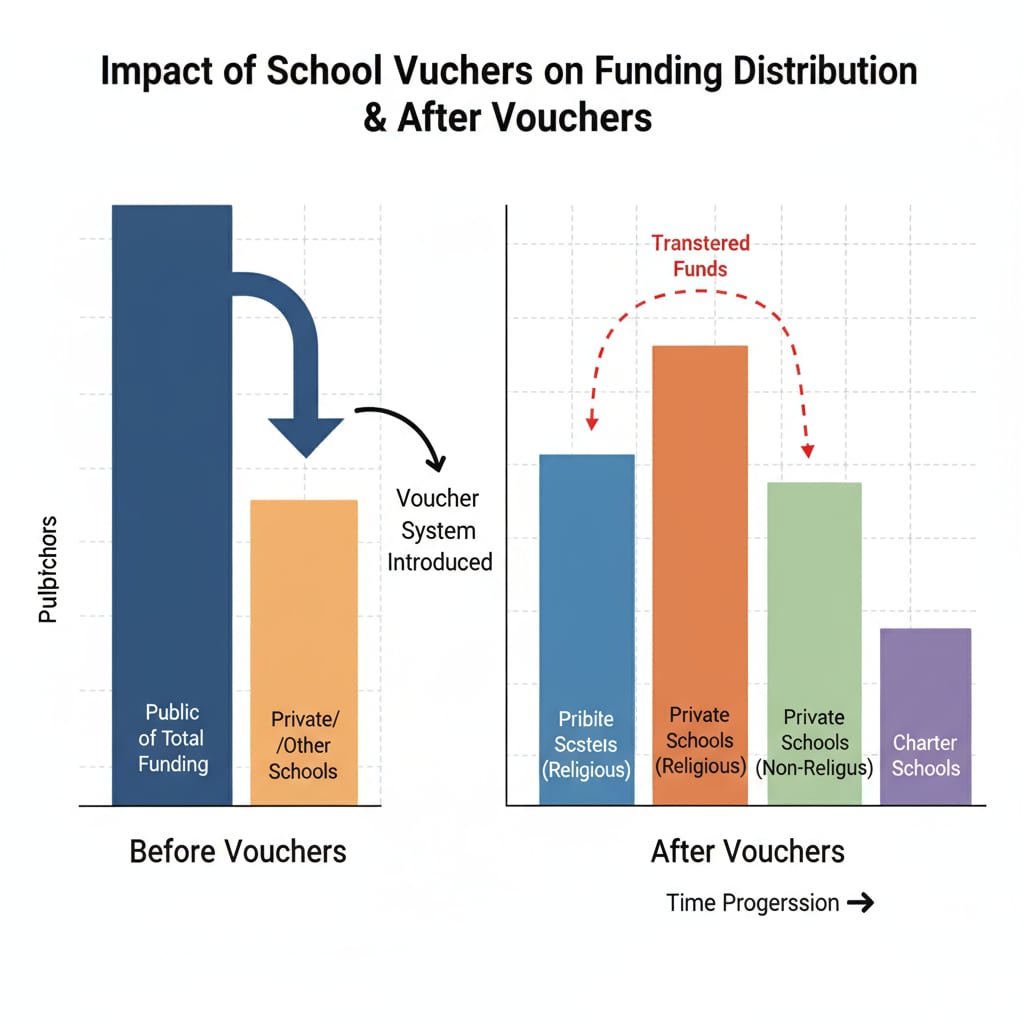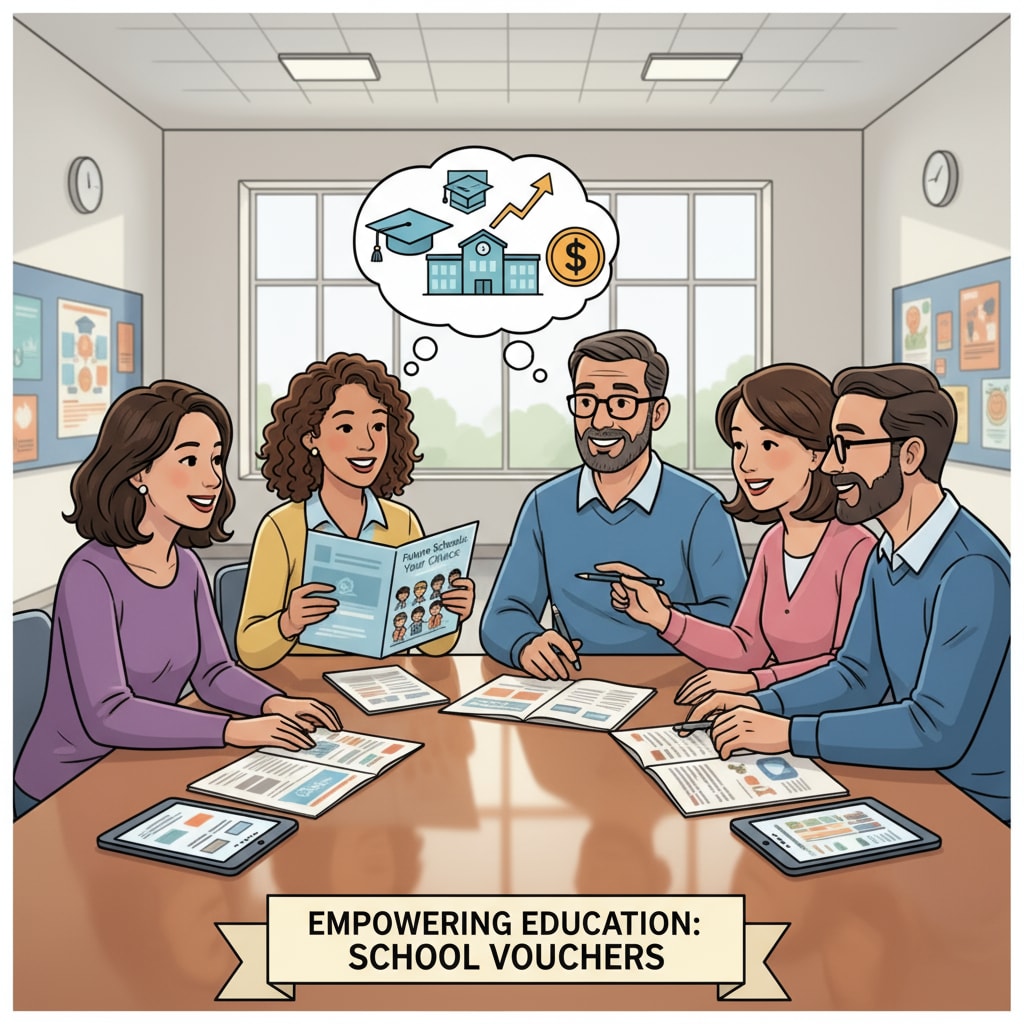The issue of school vouchers and their impact on public school funding has been a hot – button topic in the realm of education policy. School vouchers are a form of government – issued certificate that parents can use to pay for their children’s education at an approved school, which may include private or charter schools. This system has the potential to significantly disrupt the traditional funding model of public schools.

As the debate rages on, it is essential to understand both the positive and negative implications.
The Proponents’ View: A Catalyst for Change
Advocates of school vouchers believe that they can bring about positive changes in the education system. For example, school vouchers increase competition among schools. When parents have the option to use vouchers at different schools, public schools are forced to improve their quality to attract students. As a result, schools may invest more in teacher training, updated curriculum, and better facilities. School Vouchers on EdChoice This, in turn, can lead to an overall improvement in the quality of education provided by public schools. In addition, vouchers give parents more choices in education, allowing them to select a school that best suits their child’s needs, whether it’s a school with a particular academic focus or a more nurturing environment.

The Critics’ Concerns: Threats to Public Education
On the other hand, critics of school vouchers raise several valid concerns. One major worry is the potential drain on public school funding. When students use vouchers to attend private or charter schools, the funds that would have otherwise gone to public schools follow the students. This can lead to a reduction in resources for public schools, such as fewer textbooks, overcrowded classrooms, and cuts in extracurricular activities. School Vouchers on NEA Moreover, there are concerns about the quality control of schools accepting vouchers. Since some private schools may not be subject to the same level of accountability as public schools, there is a risk that students may not receive a high – quality education.
Another concern is the potential for increased segregation. If vouchers are used mainly in certain types of schools, it could lead to a separation of students based on economic, racial, or social factors. This goes against the principle of providing equal educational opportunities for all students in a diverse society.
Finding a balance between the potential benefits of school vouchers and the protection of public school funding is crucial. One possible solution is to implement strict regulations on schools that accept vouchers. This includes ensuring that these schools meet certain educational standards, have proper financial transparency, and do not engage in discriminatory practices. Additionally, the government could consider providing additional support to public schools to offset any potential losses due to vouchers.
Readability guidance: The above content uses short paragraphs to clearly present different viewpoints. The lists help summarize key points. Transition words like ‘for example’, ‘in addition’, and ‘on the other hand’ are used to make the flow of ideas more coherent. Passive voice is kept to a minimum, and sentence lengths are mostly within the recommended range.


